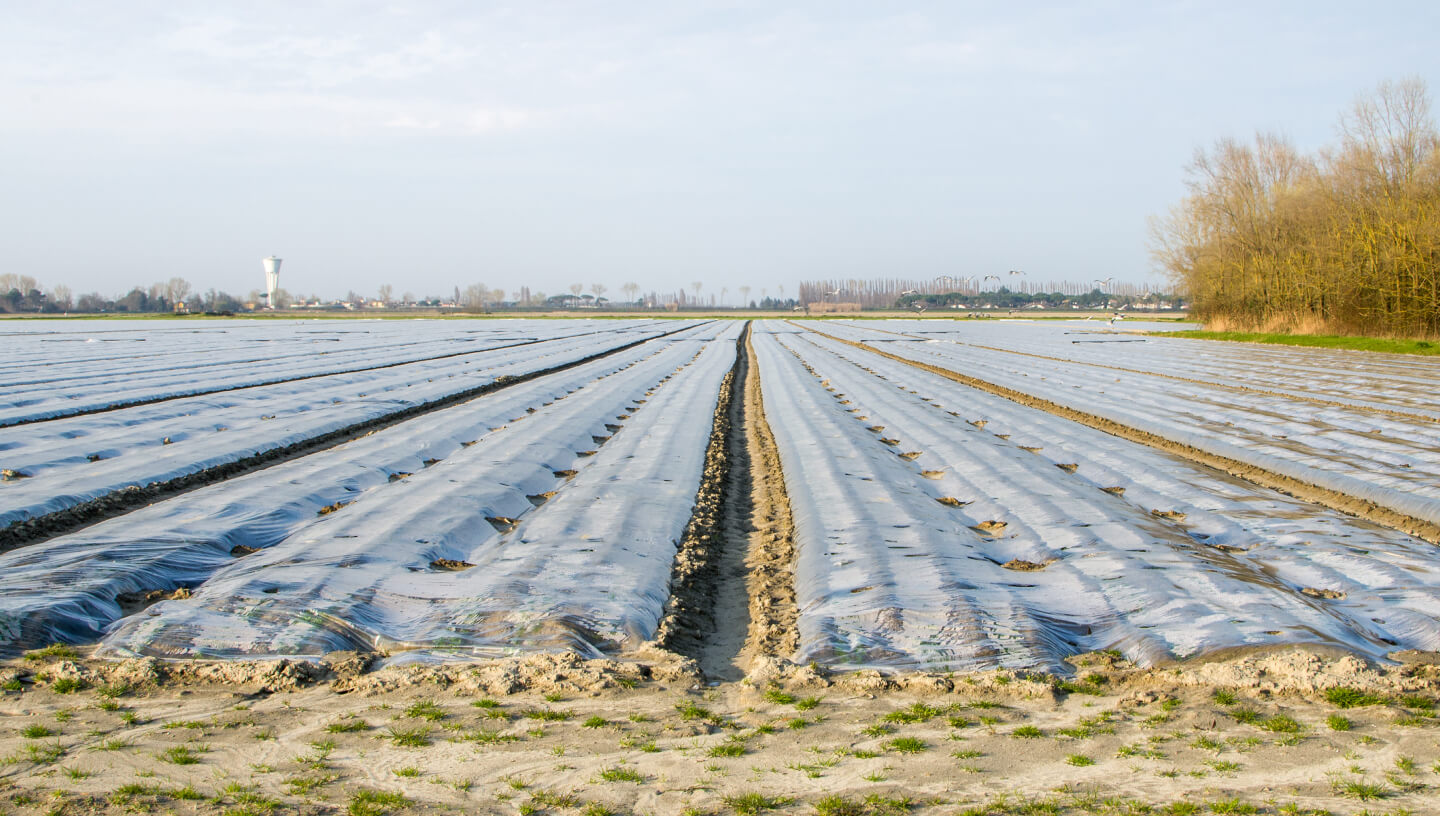24.10.2022
Plastic is polluting farmland around the world at an alarming rate — study
 Photo by: LucaLorenzelli / iStock
Photo by: LucaLorenzelli / iStock
Plastics used in the agro-industrial sector are accumulating in agricultural soils around the world at an alarming rate. This is according to a new report from the United Nations Environment Programme (UNEP).
Plastics are widely used in agriculture, from plastic-coated seeds to protective sheeting used to regulate soil temperature and prevent the growth of weeds among crops.
While these products help improve crop yields, there is growing evidence that decomposed plastics are polluting the soil and affecting biodiversity.
What’s more, the microplastics from fertilizers, when ingested with the food grown with them, end up affecting human health.
According to scientists at the University of Sydney who contributed to the report, the amount of farmland available is limited and the accumulation of plastic can have widespread effects on the environment and productivity, with a direct impact on food security.
UNEP experts explain that, over time, large pieces of plastic break up into fragments smaller than 5 millimetres and seep into the soil.
Microplastics change the physical structure of the soil and limit its ability to hold water. They can also affect plants by inhibiting root growth and preventing them from absorbing nutrients.
Currently, organic fertilizers remain the biggest source of microplastic soil contamination, as they are often mixed with plastic microspheres.
Agricultural fields are also saturated with polymer particles through runoff from cigarette filters, car tyre components and synthetic fibres from clothing and other textiles.
The report noted progress in the development of biodegradable polymers used in agricultural products. However, not all materials are fully biodegradable or compostable in their natural environment.
In addition, some biopolymers can be as toxic as their petroleum-based counterparts.
The report suggests replacing plastic films with so-called ‘cover crops’ that protect the soil. Such natural solutions can suppress weeds and fight soil diseases. But there are concerns that they may also reduce yields and raise costs for farmers, UNEP warned.
In addition, experts recommend that governments discourage farmers from using agricultural plastics, following the path of some European countries that have already restricted the use of certain types of polymers in fertilizers.
Cover photo: Thomas Stockhausen / iStock







































Comments